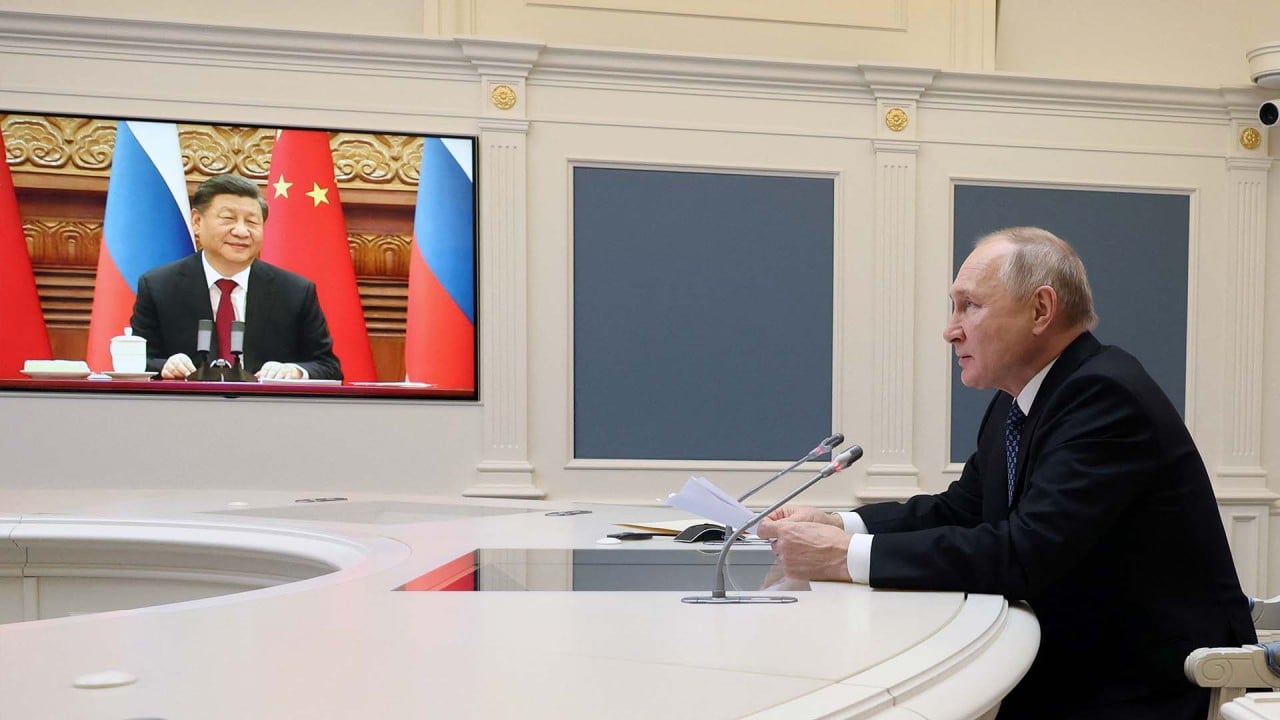
How Antony Blinken’s visit can bring some stability to volatile US-China relations
- While modest expectations are healthy, the US secretary of state has the opportunity to offer a vision for the US-China relationship, gain meaningful cooperation on US priorities and open channels of dialogue critical to keeping intensifying competition from spiralling into conflict
Now is the time to do so. China is more open to working with the United States than at any point in the last several years.
The calendar of multilateral meetings this year presents China with the challenge of being further criticised and isolated.
In 2023, the Group of 7 and Group of 20 summits are being hosted by US partners, while the US will host the Asia-Pacific Economic Cooperation forum in November. Xi faces a decision about whether to come to San Francisco for Apec, creating an additional incentive to stabilise relations.
A nascent foreign policy charm offensive is also in the works, including the friendly welcome Blinken is likely to receive in Beijing. Under these conditions, Beijing needs and wants to stabilise relations with the US, which is a source of leverage for Washington.
Here is what Blinken should do. First and foremost, he should offer a vision for US-China relations premised on two goals: meaningful cooperation on issues such as Ukraine and North Korea and a resumption of dialogue on economic relations and risk reduction. This vision seeks to reground the relationship in a series of common interests while not pulling punches on the national security issues that matter to the US.
Washington should push for new and better channels between diplomats and military officials on risk management in the relationship. The probability of an accident or miscalculation is rising as the two militaries come into greater contact with each other.
Would a Cold War-style agreement help prevent China-US tensions from escalating?
This needs to be among Blinken’s top priorities. During the Cold War, Washington and Moscow only agreed to such steps after the Cuban missile crisis of 1962. Washington and Beijing should avoid the same fate.

Progress in other areas important to Washington – such as ratcheting down China’s coercive actions towards Taiwan and seeing improvement in Beijing’s human rights record – is unlikely. Instead, Blinken should not hesitate to affirm US positions on these and other areas of difference while also restating long-standing US policy that it does not seek conflict with China or want to change its system of government.
In return, Beijing will need to likewise concede that it respects and does not seek to displace US presence and interests as an Indo-Pacific power.
Some or all of these outcomes will help stabilise US-China ties, but they will not resolve the deep-seated and increasingly contentious differences which define this relationship. Rather, the two sides still face a long period of intense competition across many domains.
In such an era, Washington should pursue even small steps that can alleviate tensions, especially when it can negotiate from a position of strength. This visit comes at the right moment to do so.
Dr Bates Gill is executive director of Asia Society Policy Institute’s Centre for China Analysis
Evan S. Medeiros is a senior fellow at Asia Society Policy Institute’s Centre for China Analysis. He is a former National Security Council director for China, Taiwan and Mongolia and special assistant to president Barack Obama



